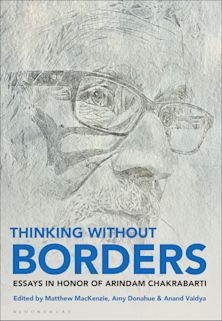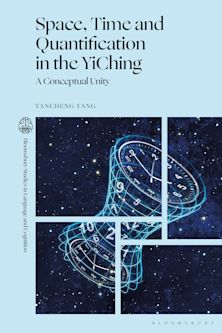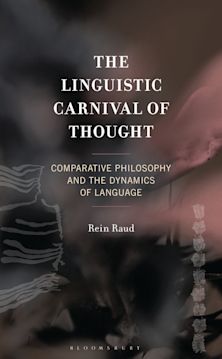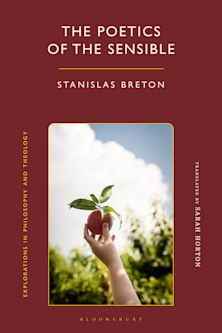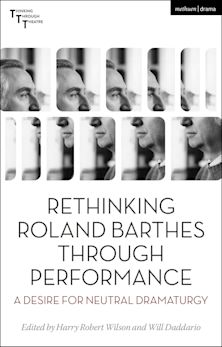Proto-Phenomenology, Language Acquisition, Orality and Literacy
Dwelling in Speech II
Proto-Phenomenology, Language Acquisition, Orality and Literacy
Dwelling in Speech II
This product is usually dispatched within 2-4 weeks
- Delivery and returns info
-
Flat rate of $10.00 for shipping anywhere in Australia
Description
Through his innovative study of language, noted Heidegger scholar Lawrence Hatab offers a proto-phenomenological account of the lived world, the “first” world of factical life, where pre-reflective, immediate disclosiveness precedes and makes possible representational models of language. Common distinctions between mind and world, fact and value, cognition and affect miss the meaning-laden dimension of embodied, practical existence, where language and life are a matter of “dwelling in speech.” In this second volume, Hatab supplements and fortifies his initial analysis by offering a detailed treatment of child development and language acquisition, which exhibit a proto-phenomenological world in the making. He then takes up an in-depth study of the differences between oral and written language (particularly in the ancient Greek world) and how the history of alphabetic literacy shows why Western philosophy came to emphasize objective, representational models of cognition and language, which conceal and pass over the presentational domain of dwelling in speech. Such a study offers significant new angles on the nature of philosophy and language.
Table of Contents
Introduction
Chapter 1: Proto-Phenomenology and Language: A Summary of Volume I
1. Proto-Phenomenology and the Lived World
2. The Personal-World
3. The Environing-World
4. The Social-World
5. Projection
6. Temporality
7. Embodiment
8. Disclosure and Interpretation
9. Language
10. Truth and Pluralism
Chapter 2: The Child's World
1. Ecstatic Dwelling
2. The Personal-Social-World
3. The Environing-World
4. Affective Attunement
5. Projection
6. Temporality and History
7. Embodiment
8. On the Way to Language
Chapter 3: Language Acquisition
1. Natural Language
2. The Phenomenological Priority of Language
3. Language Learning and Dwelling
4. The Personal-Social-World
5. Embodiment and the Environing-World
6. Temporality and History
7. Differential Fitness, Development, and Truth
8. Summary
Chapter 4: Orality and Literacy
1. Oral and Written Language: Two Different Worlds?
2. The Alphabet and Learning How to Read and Write
3. Orality in Ancient Greece
4. Elements o
Product details
| Published | 25 Oct 2019 |
|---|---|
| Format | Hardback |
| Edition | 1st |
| Extent | 328 |
| ISBN | 9781786613981 |
| Imprint | Rowman & Littlefield Publishers |
| Dimensions | 233 x 159 mm |
| Series | New Heidegger Research |
| Publisher | Bloomsbury Publishing |
Reviews

ONLINE RESOURCES
Bloomsbury Collections
This book is available on Bloomsbury Collections where your library has access.
















